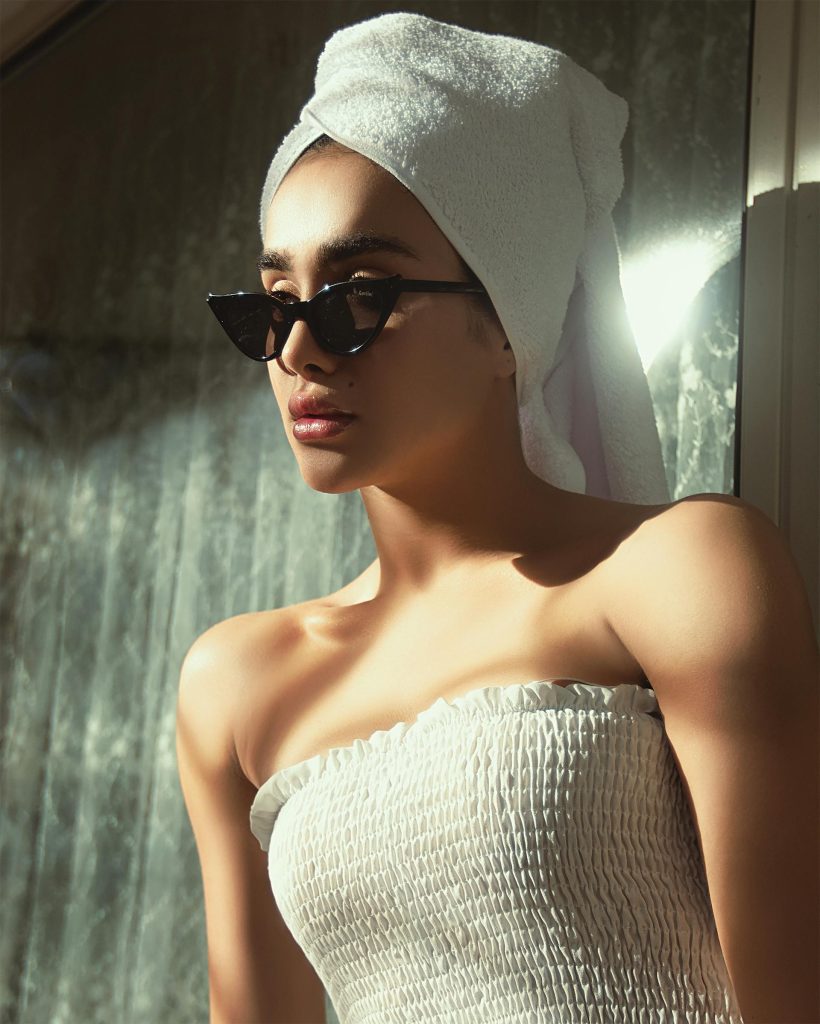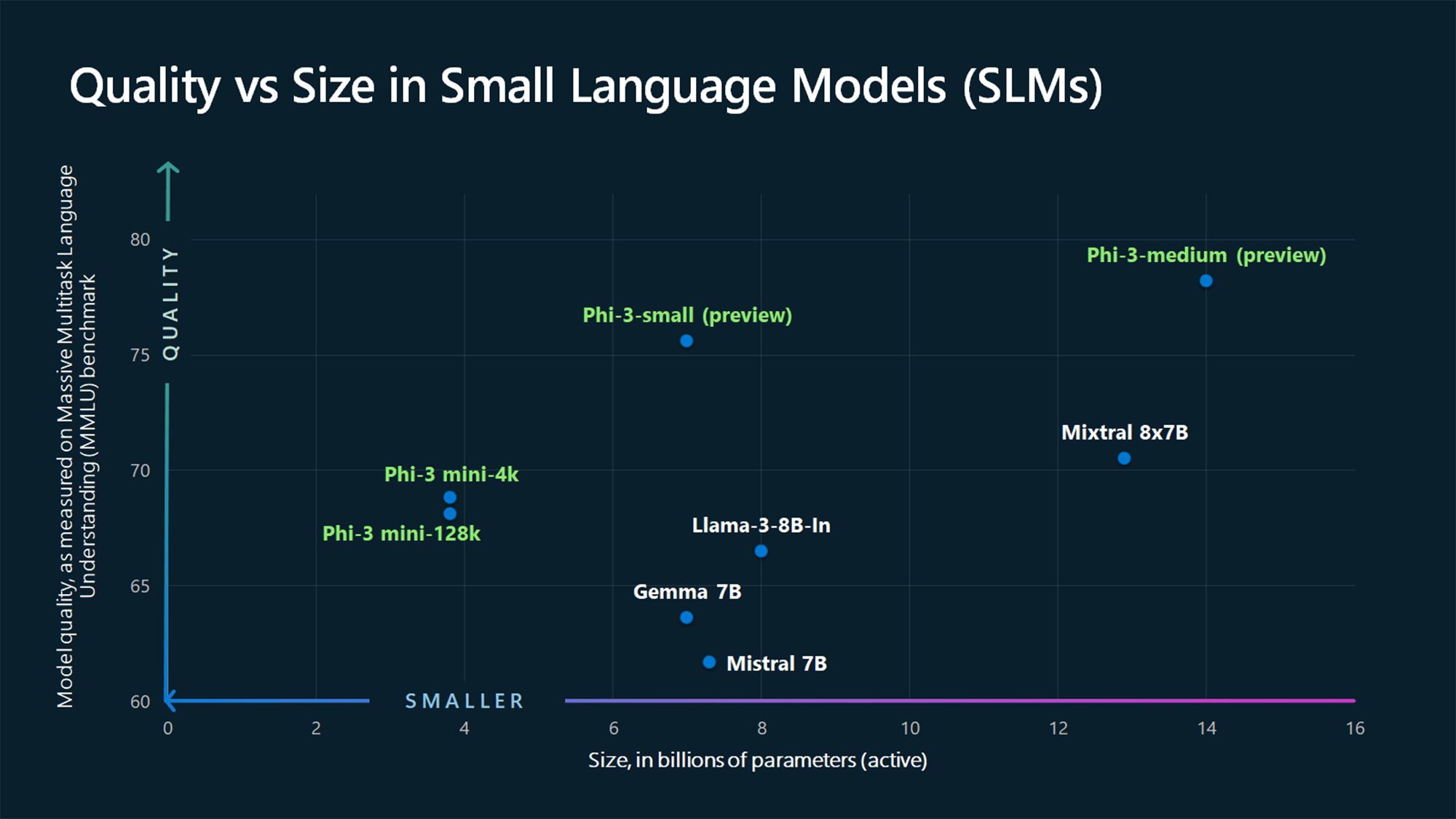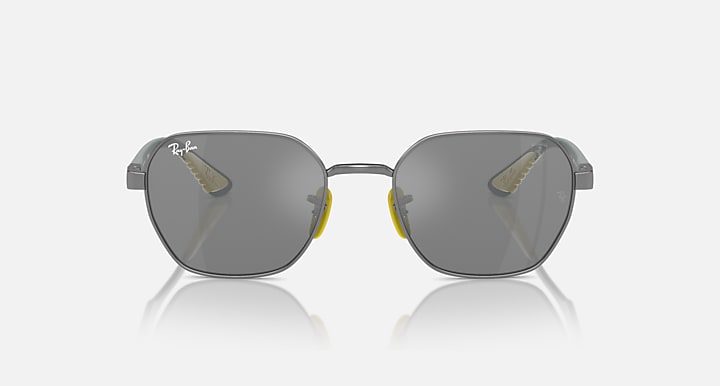Last update on: 12:12 pm April 3, 2024 by fashionabc
In today’s digital age, where screens dominate our daily lives, concerns about eye health have become increasingly prevalent. With the constant exposure to artificial blue light emitted from electronic devices such as smartphones, computers, and TVs, many individuals are seeking ways to protect their eyes and alleviate potential strain. Two popular options for eye protection are sunglasses and blue light glasses. But which one is the right choice for you? Let’s delve into the nuances of each to help you make an informed decision.

Sunglasses vs. Blue Light Glasses: Which One Do You Need?
Shielding Your Eyes from Harmful UV Rays
Sunglasses have long been hailed as a staple accessory for protecting our eyes from the sun’s harmful ultraviolet (UV) rays. Beyond just fashion statements, high-quality sunglasses offer essential protection against UV radiation, which can cause a myriad of eye problems, including cataracts, macular degeneration, and even certain types of eye cancers. Additionally, sunglasses with polarized lenses can reduce glare, providing clearer vision and enhancing overall visual comfort, particularly in bright outdoor settings such as beaches or snowy landscapes. When choosing sunglasses, opt for those labeled as offering 100% UV protection to ensure maximum safeguarding against harmful rays. While sunglasses are indispensable for outdoor activities, they may not address the specific concerns associated with prolonged exposure to digital screens.
A Solution for Digital Eye Strain
In recent years, the proliferation of digital devices has led to a surge in complaints related to digital eye strain, also known as computer vision syndrome. Symptoms include dry eyes, headaches, blurred vision, and difficulty focusing, all of which can significantly impact productivity and comfort. Enter blue light glasses, specially designed to filter out a portion of the high-energy blue light emitted by electronic screens. By reducing the amount of blue light reaching the eyes, these glasses aim to minimize eye strain and discomfort associated with prolonged screen time. While research on the long-term effects of blue light exposure is ongoing, many users report noticeable improvements in eye comfort and sleep quality after incorporating blue light glasses into their daily routine. However, it’s essential to note that blue light glasses may not be necessary for everyone, as individual susceptibility to digital eye strain varies.
Consider Your Lifestyle and Needs
Ultimately, the decision between sunglasses and blue light glasses boils down to your lifestyle and specific eye health needs. If you spend significant time outdoors, engaging in activities such as hiking, biking, or lounging by the pool, investing in a reliable pair of sunglasses with UV protection is crucial for safeguarding your eyes against sun damage. On the other hand, if you find yourself glued to digital screens for extended periods, whether for work or leisure, blue light glasses may offer relief from digital eye strain and promote healthier screen habits. It’s worth consulting with an eye care professional to assess your eye health and receive personalized recommendations tailored to your unique circumstances. Remember, prioritizing eye protection is essential in preserving long-term vision and overall well-being. Whether you opt for sunglasses, blue light glasses, or both, taking proactive steps to care for your eyes is a wise investment in your future visual health.
Enhancing Sleep Quality and Eye Comfort
In today’s fast-paced world, where screens have become ubiquitous, the importance of prioritizing eye health cannot be overstated. As explained by experts from Block Blue Light, blue light glasses offer a multifaceted approach to addressing the challenges posed by prolonged screen exposure. Beyond mitigating digital eye strain, these specialized glasses have garnered attention for their potential to improve sleep quality by reducing the disruptive effects of blue light on the body’s circadian rhythm. Exposure to blue light in the evening can suppress the production of melatonin, the hormone responsible for regulating sleep-wake cycles, leading to difficulty falling asleep and disrupted sleep patterns. By filtering out blue light wavelengths, blue light glasses can help signal to the body that it’s time to wind down, promoting a more restful night’s sleep. By incorporating blue light glasses into your daily routine, you can reap the benefits of improved sleep, eliminate eye strain, and maintain optimal health for years to come.
Protecting Your Eyes Outdoors
When venturing outdoors, especially during sunny days, the importance of protecting your eyes from harmful UV rays cannot be overstated. Sunglasses serve as a reliable shield against the sun’s ultraviolet radiation, which can cause a range of eye problems, including sunburned corneas, cataracts, and macular degeneration. Investing in high-quality sunglasses with UV protection is essential for safeguarding your vision and preventing long-term damage. Additionally, polarized lenses can reduce glare, providing clearer vision and enhancing safety, particularly while driving or engaging in outdoor sports. By wearing sunglasses consistently, you not only protect your eyes from potential harm but also ensure optimal visual clarity and comfort during your outdoor adventures.

Sunglasses vs. Blue Light Glasses: Which One Do You Need?
The Versatility of Blue Light Glasses
While blue light glasses are commonly associated with mitigating the adverse effects of digital screens, their benefits extend beyond the realm of technology. In today’s modern world, artificial sources of blue light abound, from energy-efficient lighting to LED TVs and smartphones. Consequently, exposure to blue light is not limited to electronic devices but encompasses various indoor lighting environments as well. By wearing blue light glasses throughout the day, you can minimize exposure to artificial blue light, thereby reducing eye strain and maintaining visual comfort in all lighting conditions. Whether you’re working under fluorescent office lights or unwinding at home under LED bulbs, incorporating blue light glasses into your daily routine can help alleviate eye discomfort and promote overall eye health.
In an era dominated by screens and digital devices, prioritizing eye health is paramount for maintaining optimal vision and overall well-being. Whether you opt for sunglasses to shield your eyes from harmful UV rays during outdoor activities or blue light glasses to mitigate digital eye strain and improve sleep quality, proactive measures are essential in safeguarding your vision. By understanding the unique benefits of each eyewear option and tailoring your choices to your lifestyle and needs, you can enjoy enhanced eye comfort, improved sleep, and long-term eye health. Remember, investing in your eyes today ensures a brighter and clearer vision for tomorrow.









